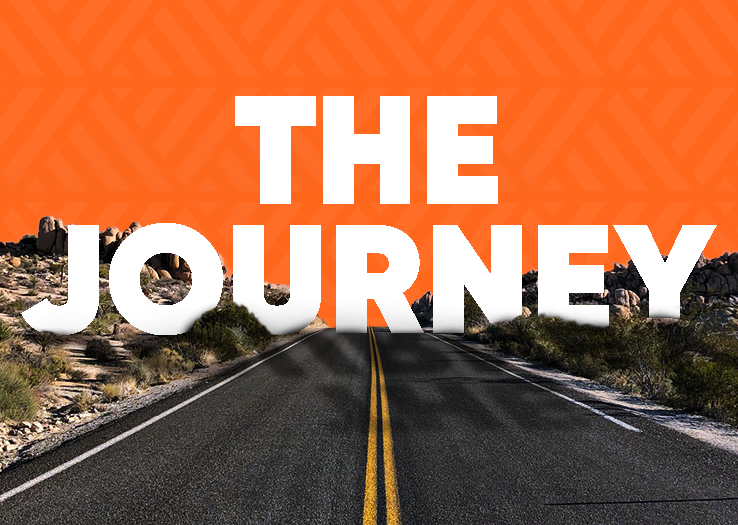Blog

The Journey
For those who don’t know, I used to swim.
I swam for 20 years from the age of 7 to 27 and finished with the below swimming CV:
- Commonwealth Games Finalist 2010 &2014 (Scotland)
- World University Games Semi-Finalist 2015 (Great Britain)
- World Cup 2011, World Cup 2012 Silver medallist (Great Britain)
- British Champion (multiple)
- Scottish Champion (multiple)
- Scottish Record Holder (50m, 100m Breaststroke)
- Qualified for British Summer Championships every year from age 12
Impressive?
It’s easy to look at the above and be happy with the years of commitment. The hard work and the sacrifices. The early mornings, the financial investment, and the dedication of those around me keep me moving forward. But it wasn’t a straight line.
I was a good junior in Scotland. I broke records as a 12-year-old and remember winning the Open Age 50m breaststroke at a meet in Luxembourg aged 13. I linked with my team’s Elite squad at the age of 12 and was swimming 10x 2-hour sessions per week (3 sessions on a weekend). I was on the Scottish Swimming Academy program, invited to team training weekends, and given support services such as Nutrition, Lifestyle Advisor, Physiotherapy, and Sports Psychology for free. I did everything that was asked of me and did it to a high standard. I wasn’t interested in cutting corners or finding the easiest way to reach success. I would make finals at Scottish Nationals and often podium, and I’d compete at the British Age Group Summer Meet every year.
However, by the age of 15, my progression had slowed, and I went a year without a PB in any event. I was removed from the Scottish Swimming Academy Program as I hadn’t achieved the performance criteria.
The first time I quit swimming I was 15 years old.
I lasted exactly a week before I got back in the pool. I missed it. I enjoyed swimming, I liked working hard and my friends were all training every night. I knew that if I kept working, it would at some point pay off.
I didn’t PB in anything between the ages of 15-18 years old. I trained every day, and across the whole weekend, competed regularly, and was mostly injury-free (a few minor injuries to ankles and knees that are common to breaststrokers). And yet I had nothing to show for it.
The second time I quit swimming I was 17 years old. This time I lasted 10 days before I got back in the pool again.
At 18 (almost 19) I moved to a new team, The University of Edinburgh Performance Swim Team. A University squad even though I wasn’t at University. I didn’t have the grades when I finished high school for the University and courses I wanted, so I went to a local college instead to do a course in Fitness, Health, and Exercise. I trained in Edinburgh but was at college in Fife (in the East of Scotland) a 45-minute train journey away. It was exhausting but I loved it. Long days, harder training, more training and I was the youngest in a squad of established older swimmers.
I started to PB. I started to win medals (Gold) again at Scottish Nationals. I was now a finalist at the British Nationals. I dropped 3 seconds in my 100m breaststroke in a 12-month period and qualified for my first senior International Meet, The Commonwealth Games in Delhi, India. I also got College grades to start my Undergraduate Degree in Sport and Exercise Science at Heriot Watt University (Edinburgh). The hard work was paying off.
And then I didn’t PB again for 2 years.
As frustrating as this was. I’d been through it all before. Maybe I would have been happier if I’d dropped 0.5 seconds per year rather than 3 seconds in one year? But that was out of my control. All I could do was show up, work hard, listen to my coaches and wait for the results to show.
I went through this process of PB’ing, not PB’ing, making teams, not making teams, winning National titles and losing National titles for 9 years. Sometimes I got everything I worked for. Other times I finished the season with nothing, watching friends, team-mates and peers succeed whilst I felt like I’d lost. But that is sport. At an Elite level, sport is often cruel. Everyone works hard. Everyone shows up. But only one person wins. Only one person is the fastest on that day, at that time, in that event.
Perspective is important. Whilst I swam, I often measured my success in medals, records and PB’s. Now I’m no longer an athlete, I measure success in different terms.
I swam for 20 years. I don’t remember every win. I don’t remember every loss. Some are more poignant than others of course. The international medals and competitions or the PB’s that came after years of daily grind stand out. The things I’ve learned to value more are the skills gained from sport that I have transferred into daily life. The friends I made that are still in my team. The coaches that I still have in my life to support me as an ex-athlete.
The journey is important.
It’s easy for me to talk about the swimming highlights and international competitions having not once told you of my failures.
I didn’t make the 2016 Olympic Games. I didn’t make the 2015 World Championships. I didn’t make a single British Junior team (European Juniors or World Juniors). I didn’t even consider myself a good swimmer until I finished my career. But I know swimming was more than just medals and times. The whole journey was a unique experience that very few people in the world have the chance to experience.
At 27 years old I retired from swimming. I retired happy and content from a sport I love.

